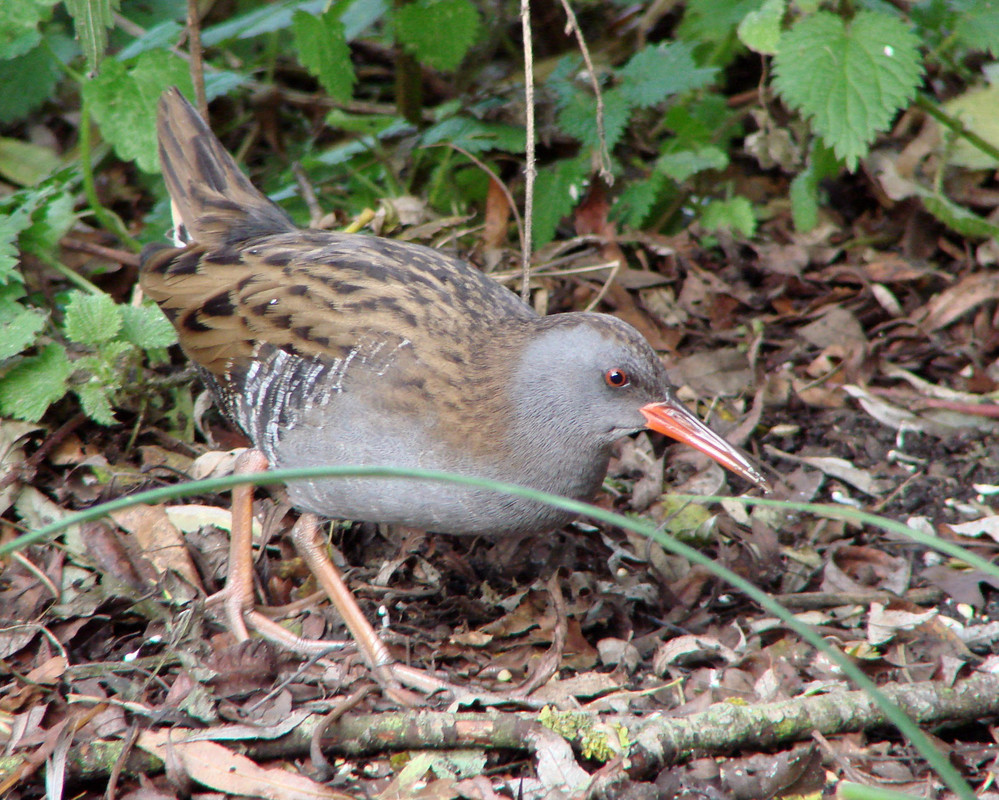Wildlife sightings for 6th December 2018
1 Bittern - main lake
2 Shelduck - main lake
4 Pintail - main lake
17 Redwing - sheltered lagoon
1 Water Pipit - wader scrape
2 Stonechat - grazing marsh
1 Grey Wagtail - wader scrape
2 Peregrine - perched on hospital ledge
December bird highlights: Jack Snipe, Goldeneye, Brent Goose, Little Egret, Great White Egret, Red Kite, Peregrine, Buzzard, Kestrel, Kingfisher, Stonechat, Linnet, Brambling, Skylark, Water Pipit, Bullfinch, Hawfinch, Bearded Tit.
The grazing marsh is partly flooded, attracting good numbers of Wigeon and Shoveler, as well as Water Pipit. The fences around the marsh are a good spot for species like Stonechat, Meadow Pipit and occasional Skylark, while the muddier or tussocky parts of the marsh, main lake and wader scrape may have some waders (like Dunlin or Snipe).
Tree blocks with a good mix of Willows may hold some interesting Warbler species or Firecrest, often mixed in with more common Tits and Goldcrests. Wigeon, Gadwall, Teal, Shoveler, Redwing, Fieldfare, Siskin and Redpoll continue to arrive for the winter ahead. The Fieldfares and Redwings are feeding on the Hawthorn, Dog Rose, Blackthorn and Guelder Rose across the site, while the Finch species favour the Silver Birch and Alder trees.
Up to 4 Bitterns can mostly be found on the main lake north, south or south-east shores. There was a Bearded Tit recorded early in November, not far from the Headley Hide, and there may be more sightings as it gets colder.
Fungi: a small selection of winter fungi on show – Purple Jellydisc, Birch Woodwart, Candlesnuff Fungus, Silverleaf Fungus, Wet Rot, King Alfred’s Cakes, Dead Man’s Fingers, Hazel Woodwart, Witches’ Butter, Yellow Brain, Jelly Ear, Dead Moll’s Fingers, Crystal Brain, Willow Bark-spot, Jelly Rot, Bitter Oysterling, Common Bonnet, Velvet Shank.


